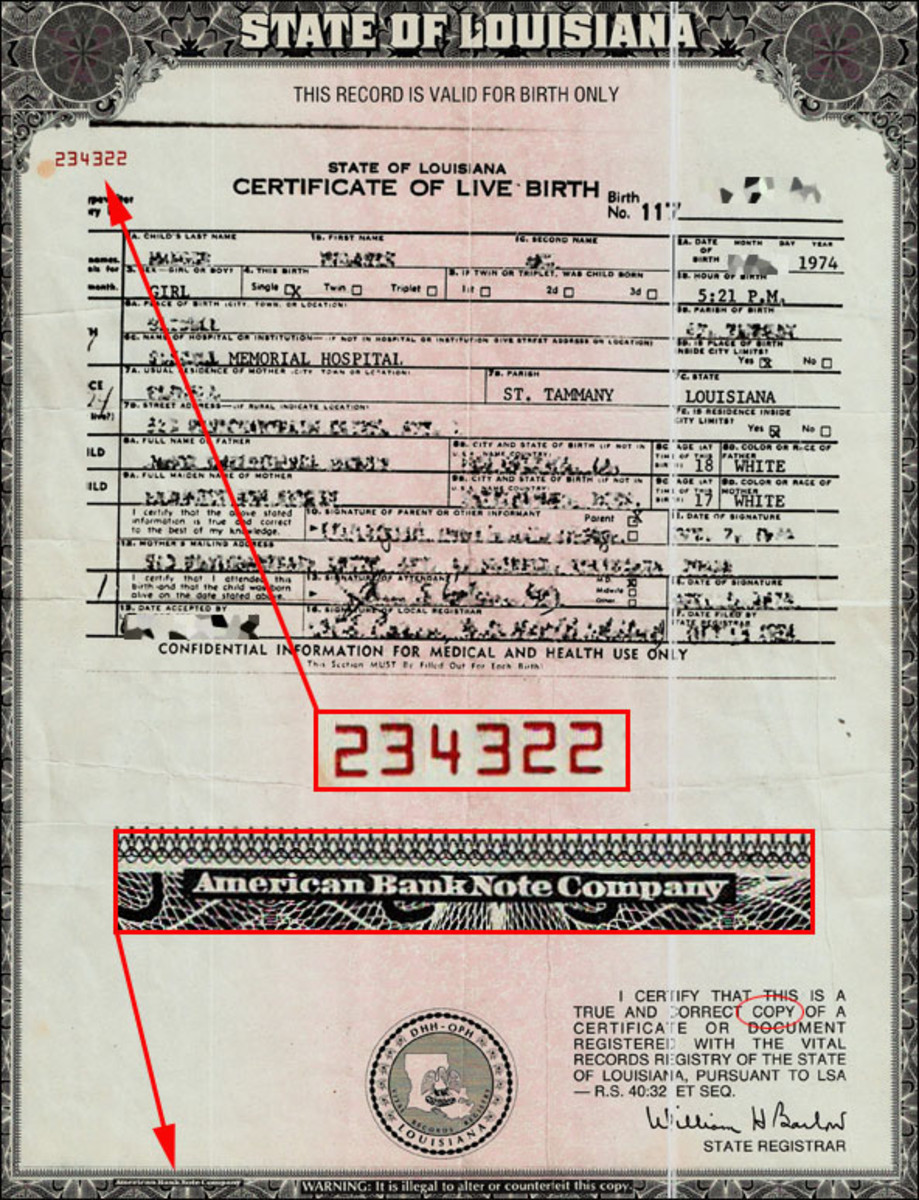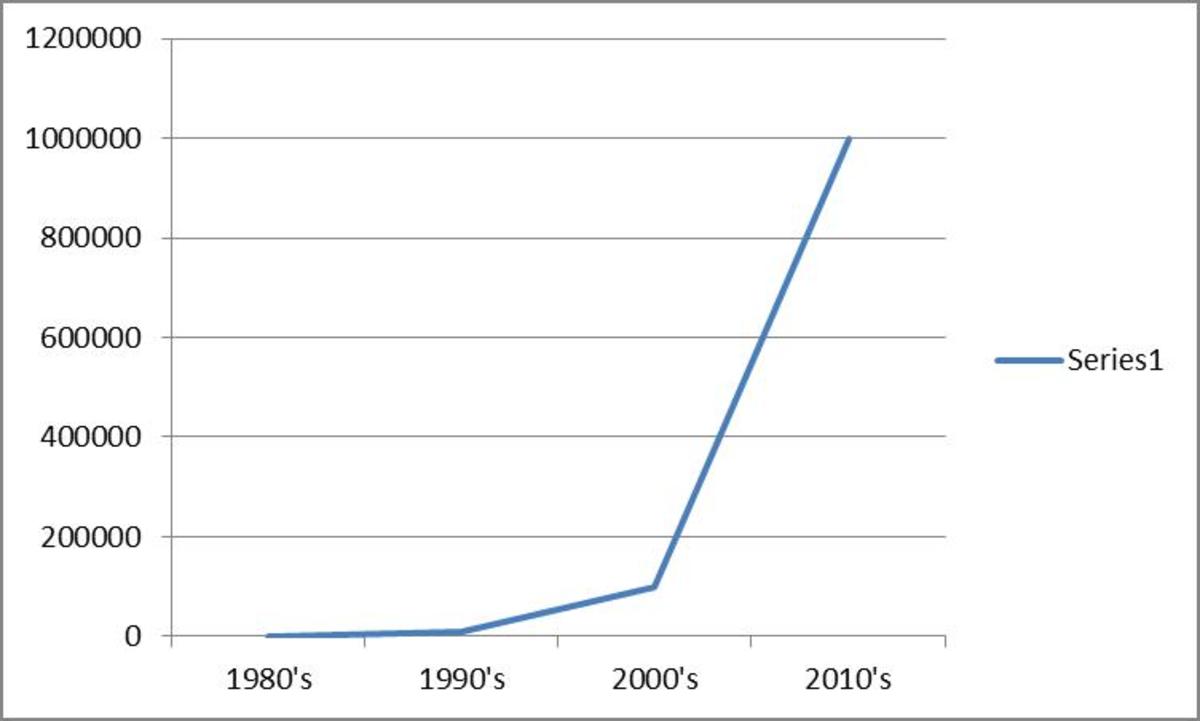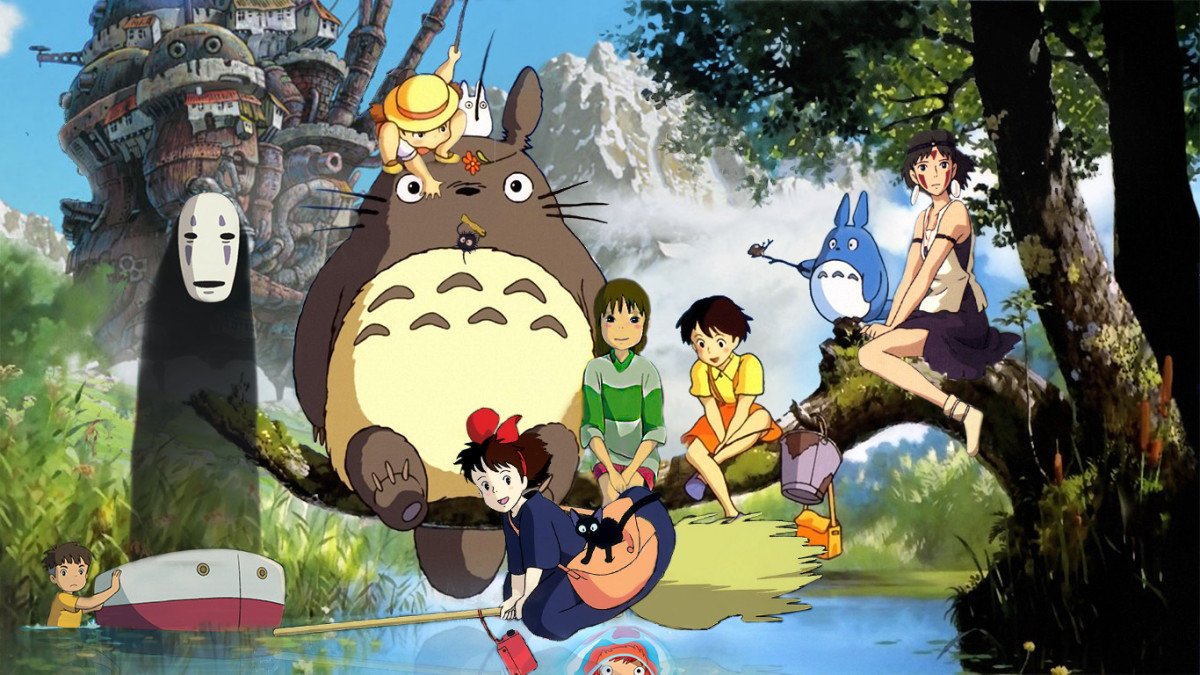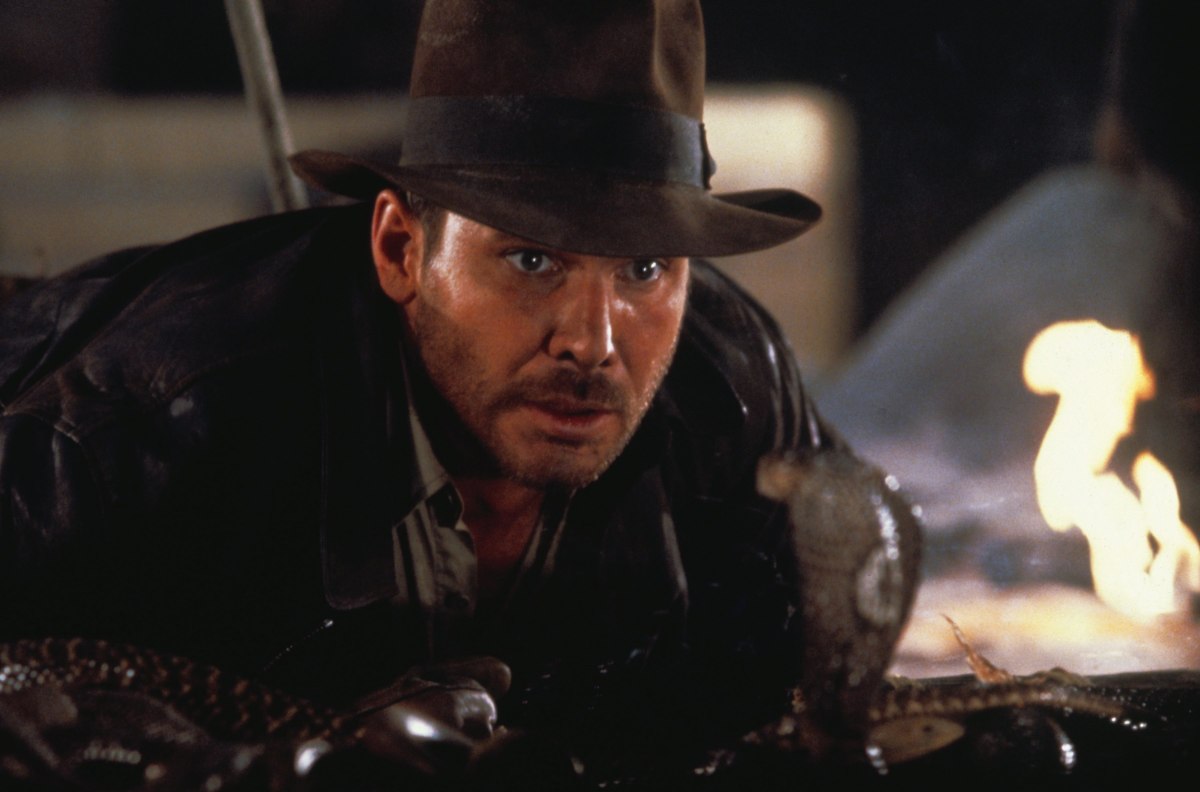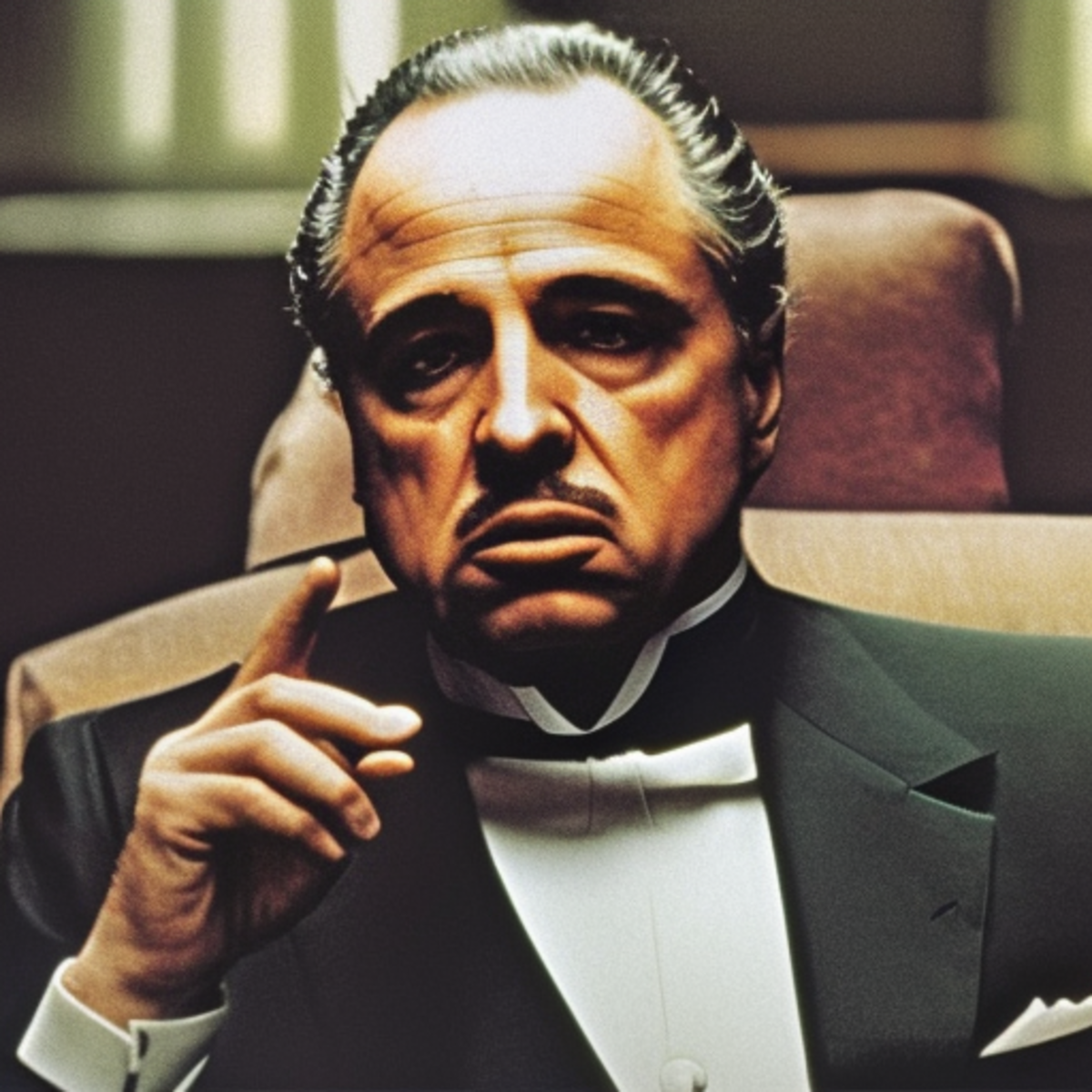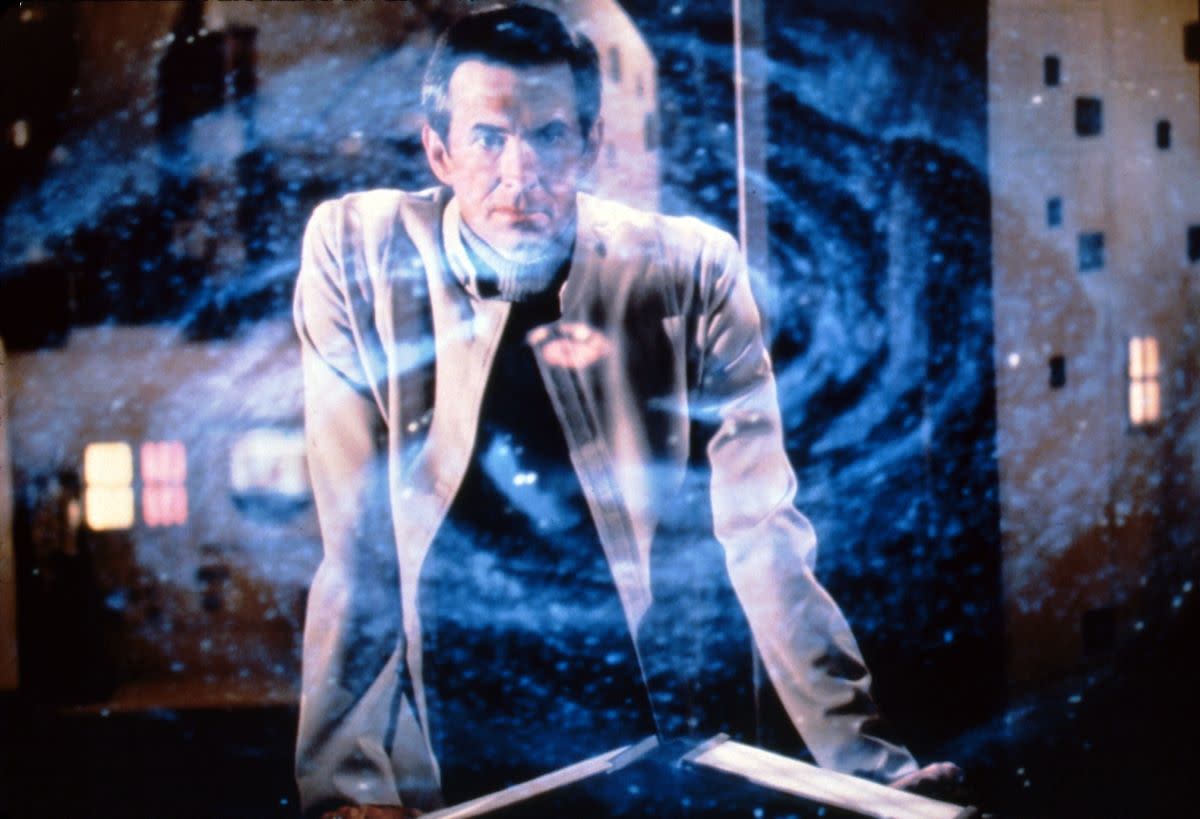Hubpagian Justice -- MICHAEL CIMINO'S "HEAVEN'S GATE" (1980)
For all who have every hoped to get into film, this might be the most important article you'll ever read.
You might be getting into it because you have a unique story to tell. Maybe you're into historical projects and worried that you won't get everything accurate. I could never have been told this story in the 90s when I started getting into writing stuff, because Kevin Smith, Quentin Tarantino, Larry Clark and Paul Thomas Anderson were doing things the way they wanted, and thus you couldn't tell me it was impossible. You couldn't tell me that there is some kind of reactionary element that keeps these types of projects from getting off the ground because god dammit they were getting off the ground. I didn't know, until researching this tale that's about to unfold, just how unique the 1990s actually were.
In 1978, director Michael Cimino was at the pinnacle. This writer of Thunderbolt and Lightfoot and Clint Eastwood's Magnum Force had won five Academy Awards with a Vietnam war film called the Deer Hunter. It's the film that made Christopher Walken famous, and the reason why, just as Walken would appear in every third movie to this day, Cimino would be given creative control when it came to whatever in the world he wanted to do next.
United Artists was a film company established about fifty years prior by a handful of Hollywood's leading players back then including Charlie Chaplin (yeah) and D.W. Griffith (boooooo), They were drenched in success and truculence, and virtually everything that earned for a movie studio back then was a UA project. Well around 1977, United Artists's top brass found themselves in a bitter fight with their parent company Transamerica, a rift made even worse when one considers that these particular bosses at UA were the men most responsible for making the studio relevant in modern times. All the James Bond pictures, for example, were UA properties.
So in response, the brass took all their senior members, all their projects, all their acts...and went to form Orion Studios who would go on to make the transcendent "RoboCop" (1987).
The younger executives at UA were thrilled -- everyone was about to get a promotion.
And criticism.
UA was now on the clock. For these new studio heads, many of which hadn't been anywhere near this kind of heat even in the capacity as an assistant, it was time to prove themselves. So they would take the cowardly route we're all prone to taking when real life rather then fantasy awards us this kind of clout -- they went and got an established professional with a misled sense of worth rather then the kind of director United Artists normally went for -- someone unproven but passionate, competent and grateful. Who would have guessed that this seemingly sound business decision -- thirty-three years later -- would be something they're still paying for?
Like most of the planet, the new UA executives loved Michael Cimino's Deer Hunter. Yes it had gone over budget, but it was worth it. They met with him and asked him what he'd like to do next. He said he wanted to tell the story of a real life incident that occurred in Wyoming in 1892 referred to as "The Johnson County War". There were these poor immigrants who moved out west with everyone else to start a life there, and a few of them were stealing cattle from these huge lots where there were too many to count. The barons who owned these cattle got pissed of course, and hired a hundred twenty five mercenaries to go and kill the immigrants. It was all the things about the 70s these cinephiles liked rolled into one -- an anti-capitalist public service message built within the ultimate Western, reminiscent of all those classic works of literature you were ever made to read in school. A sweeping landscape and a message. All the signs of timeless relevance, the kind that commercial success magnetizes itself to, the kind of flick that people will end up seeing because everyone else is seeing it. Cimino was going to make a classic. His definitive work. One that would be a staple on Christmas Day on cable in the future.
To star in this epic of his, Cimino cast the best of the best -- Walken, John Hurt, Jeff Bridges, Sam Waterson, Brad Dourif (the voice of CHUCKY!!!), and the extraordinarily underrated Kris Kristofferson. Kris's role would be that of James Averill, the sheriff of this town where the battle's about to take place. He will go up against Walken, and the two of them have a love triangle. It kind of makes you appreciate James Cameron and his employers if you don't already, for this was essentially the logline for "Titanic". Try pitching Titanic, being entrusted with 200 million dollars to make it, and having a cast to work with that's about a fraction as pimp as the one I described above...and having it come out the #2 grossing movie on a planet that has made more then a million movies.
Initially Cimino would be given 11 million dollars. He would shoot on location, and everything would be great. So all the leading men sign on, he's got his budget, he's got his creative control....yet he had a contract with some tricky verbage when it came to that budget and creative control. Turns out that Cimino could write off anything during the course of shooting a movie as "business related". As long as it could be argued that it was for the movie, the studio could not legally say no when he asked for more cash. Yup. Time for the first shoe to drop...
That first shoe would be in the form of the actress who would be at the center of this Kristofferson-Walken love triangle...the brothel owner with a heart of gold. All the leading women in Hollywood would end up turning down the role. And so Cimino
"appeared" to suggest French actress Isabelle Huppert who was real hot. I say "appeared to" because as it turned out, this was not a suggestion at all. It was a demand. One which Cimino would use early on to test the waters amongst the new UA brass, for there were plenty of other demands he was going to bring up in case these guys were weak.
The studio vehemently disagreed with the decision to cast Huppert. She barely spoke English, which meant that even when she did, that accent would come through. And this was supposed to be 1890s Wyoming. They needed a brothel owner who was as apple pie as it got. But in a turn that would alter cinematic history forever, one of UA's biggest financial backers, who happened to be French, heard about the choice of Huppert and was delighted. He told UA he could handle whatever financial fallout that Huppert's casting would cause. So Cimino got his way. He got Huppert...and he would remember this...
An 11 million dollar budget would balloon to 36 million before advertising and distribution, which would bump it up to 44 million. People think United Artists was stupid for not pulling the plug at ANY given point, but not only did they have managerial competence to prove and a genuine desire for this movie to be made, they had a world around them that would have given Cimino the benefit of the doubt in the case of a rift, an Academy Award winning director of a film people dearly loved...versus not only "bureaucrats" but BRAND NEW ones. Being inexperienced was a moniker that would pass. Being "unqualified"? That was another. So like Michael Jordan working on Phil Jackson's contract by simply threatening to leave the Bulls if they don't pay Phil whatever he wants, Cimino took advantage. He got whatever in the world he wanted.
Cimino's background -- before films and before his TV commercials for companies like Pan Am -- was that of an architect. Cimino was a visual director, obsessed not only with scenery and minute details, but obsessed with the idea that this would be the primary thing his audiences were going to focus on. We have this belief that everyone sees things the way we do and looks for the same things we do. Not true, baby. Cimino for example would construct a battle field with a built in irrigation system. He would look for the specific screws (SCREWS!) that went into the wood of the barns from that time period.
But the real thing that cost was the time that went into all this. Cimino had been serenaded for this job not even a week after winning the Oscars. He hadn't been allowed the time to sit and think things through, a safe assumption on my part given that we're talking about the construction of THE work in a man's career. Something like this takes YEARS of thinking and plotting and trial-by-error on paper before it takes off the way they want. Instead, Cimino was on the set a week later -- taking forever! When a studio is running a production, they're not only in charge of the content they're in charge of the deadlines. Directors are hired who have routines that would make one confident that they could meet said deadline. To make a prospect like this more realistic, they're given projects where their soul is not necessary. This situation with Cimino and Heaven's Gate was the absolute opposite. He would keep the cast and crew hungry and bored as he waited for the perfect cloud to come into the camera's eye. He would bring everyone out to a set and then spend all day lining up the extras one by one by painstakingly one. He would do thirty to fifty takes of every single scene and I'm not making this up, thereby giving him more choices should he change his mind about something later. This is where the millions that an actor receives really gets earned.
The actors went through hell on Heaven's Gate. In order to get them to embody their roles, Cimino would have two months of roller skating lessons, horse riding lessons, cockfighting lessons, and oh lord dance lessons. We're talking about a movie here that has about nine dance sequences, and it's the same dance -- a waltz. So there's whole five minute segments where we're just watching men and women spin in circles.
One week into production, Heaven's Gate was six days behind schedule. One million dollars had netted a grand total of one minute and ten seconds of usable film. The UA executives would complain their heads off, but it didn't matter -- Cimino would just go and do what he wanted anyway. It seems like something that the little guy might cheer -- a determined artist telling the bosses where they can go and what they can stick where -- but when you consider how many young filmmakers were about to get their own opportunities crushed by all this?
On one hand, it wasn't Cimino's money that he was squandering so it was crazy that he was allowed to squander it...on the other hand...it wasn't these executives' money either. They were percieved as doing nothing more then upholding the cheapskate whims of a billion dollar entity that could shake off the biggest loss within a few simple hours of merging and acquiring on the ticker.
The actors would go through even more hell during the action sequences. Rough riding on horseback in circles as fast as they can. Not only were personnel injured, but famously, so were horses.
Local press in the Wyoming area had come to sit in on the set only to be told to get lost, it was a closed shooting. Maybe it wasn't so much that they felt slighted as much as they made the journey out to this shoot thinking, "Man I'll bet this pretentious Oscar winner pulls some kind of dick move when we get out there" and then it happened. This would be the point when the waves cracked the levee, as one of those locals happened to be an investigative journalist who would proceed then to get a job as an extra for a few days on the Heaven's Gate set. And what he saw was sickening. In a state where people are working people, struggling every day to make ends meet, a movie that costs 30 million dollars could have turned into Casablanca and it would still have been an obscene, ego-driven waste. This story of disorganization and folly would print in virtually every newspaper in the country. Long before Heaven's Gate thus would hit the screens, the public was contemplating saving their money.
Keep in mind what inflation has done to the American dollar since 1980. It was worth 3.57 times more then in 2013. And thus...when a film costs a grand total of 44 million dollars...that's like telling the people of 1980 it's 157 million dollars.
Cimino was also motivated by something dumb enough to barely be forgivable -- coming out with more film to edit then Francis Ford Coppola did for Apocalypse Now. After shooting it, Coppola went to the cutting room with one million feet of film. Cimino ended up with 220 hours of footage for a total of 1.3 million. Why is that an accomplishment? What does that say except that Cimino doesn't mind sitting in a chair while getting other people to risk their lives for 220 hours?
As he edited a collective set of reels long enough to hit Chicago from Indianapolis, Cimino kept the doors locked so no UA executives could come around with their input and their requests to see something. They would CALL him with these requests, and he would yell at them, say go f yourself, hang up, and go right back to editing with his assistant.
When it was ready to be shown to executives, Heaven's Gate was five-and-a-half hours long. The climax with the horseback riders charging in circles...was ninety minutes long. To us in 2013, it would seem that Michael Cimino is a complete and utter joke...I mean could you imagine wasting three seconds on a western under the impression it's going to be a box office smash...spending what would amount to, with inflation adjusted, 157 million dollars on a western let alone a FIVE-AND-A-HALF-HOUR ONE...but back then not only were westerns and long movies and long songs the norm, but something long...back then...had the psychological effect of being "important". It was almost as if -- if you wanted to achieve the notoriety that Cimino was striving for -- your movie being overlong was a prerequisite.
That might have flown with UA executives had it not been so motherf*cking boring. Cimino had constructed a very long History Channel episode, one where names are not easily linked to characters, one where the protagonist is not easily assigned, understood or -- even after assigned -- readily identified. Kris Kristofferson got all kinds of crap for being the eyes the audience was supposed to see the movie through, and his status as a leading man in Hollywood was tarnished forever, not to mention those of Dourif, Waterson, Walken, Huppert, Bridges, and Hurt.
When the movie opened in November, 1980 in New York, it was three-hours-and-thirty-nine minutes, as long as Das Boot and about nine minutes longer then Godfather Part II, and the critics DESPISED it. Vincent Canby of the New York Times wrote that it was like a "forced four-hour walking tour through one's living room". Roger Ebert called it "the biggest cinematic waste I've ever seen".
The bright spot was that since nobody outside of the critics saw the damn thing, Cimino was exempt from any criticism outside of strictly the critics. Cimino would try to keep it that way, and take the film out of distribution himself so he could make it shorter. He would cut an extra hour.
And so at 159 minutes, the film debuted in Los Angeles, and there at long last the public saw it. And hated it. A few people are known to like it, but they're in the minority and they're looking at it in the mature, scholarly way -- they're judging the film on it's own terms much like an Ebert-caliber film critic does. A noble, progressive, enlightened way to look at things...unless you consider that films are meant to a) entertain b) audiences.
The total cost of Heaven's Gate would be 44 million dollars. The total gross = 1.3 million. Or in today's terms, 5 million was recouped out of 157 million. That's a bigger loss then Pluto Nash, or Gigli, or Cutthroat Island, or John Carter, any of those. These are films that killed careers, even destroyed marriages. Orson Welles once told Ed Wood "it's only worth it when you succeed".
Cimino was devastated. Boy was it a good time to be someone who didn't like the guy. Many people, ever since the Wyoming press reports, had been tuning in not for interest in the film but interest in seeing how hard everything was going to hit the fan. Heaven's Gate was notorious in that sense -- this was a film that was too high-profile to be snuck onto an unsuspecting public. There were no points to be won by say...not screening this for the press or taking it straight to video. There weren't even points to be won by delaying the film's release from November to any other month when they could have forsaken Oscar contention for decent returns. Anything outside of completing this film on time and giving it a proper 3,000-theatre release before Oscar season would have been an admission that the new brass at UA simply couldn't keep up with the Deer Hunter auteur's assured destiny.
With Heaven's Gate failure came major fallout. Trans-America sold United Artists to MGM, Cimino would make Year of the Dragon and Sunchaser and get ripped apart by critics AND the box office each time. On budgets of 15 million, Cimino would return 6. Oddly enough, Heaven's Gate was received much differently in Europe. Some there say it's the best movie about the American west ever. It turned out to be a genius move casting Huppert -- the French anticipated this movie as much as United Artists did. And it was overseas affinity...that would lead to that overall gross coming within a few million dollars of breaking even as of the time of this article's publication in April, 2013.
Yet with Heaven's Gate's failure in America came a time when control would go back to the studio. When you see any movie today, pay attention to the director. This is the number one indicator of what the film is going to be like because there will be something that's derivative, something that you've seen them do over and over again. That why they were hired, baby. None of this...directors-trying-something-new stuff. And it's a trend that goes on til this day. Except for that awesome period in the 90s that was destroyed by Battlefield Earth and far too many people who think it's all just about referencing pop culture. Or crap like Reality Bites.
The 80s saw corporate influence run Hollywood rampant. Corporations want young audiences, it doesn't matter what they're selling. In movies, the idea is to have young people play middle aged people. Does it look stupid? Quite. But kids don't go to movies to see old people the way they'll see young people. It's as simple as that. And kids are the big prize in the corporate wars. They're the loot. Ask any cigarette smoker for instance what he smokes. He'll tell you Camel Lights, Marlboro Reds, Newports, Pall Mall Menthol Whites. Ask any pop drinker if they prefer Coke or Pepsi. Corporations thrive because adults have brand loyalty. They smoke Camels, they're not buying Newports tomorrow, they're buying Camels. There's only one group of people on Earth that have not decided on a lifelong brand of a treasured product and that's young people. So young people are up for grabs. They're the perpetual topic of debate -- how to get them to buy this, how to get them to read this, how to get them to wear this. It leads to a good number of positive things for consumer and manufacturer alike, but it has the dreadful effect of making it so you can OUTGROW THINGS YOU'RE NOT SUPPOSED TO OUTGROW. Not everything has to be like college where you go through freshman year, think you had a unique experience, and then you go to the dorms next year and see the EXACT SAME THING REPEATED. And when you outgrow a product, two things happen. One you realize the lameness of the whole thing, and two, the companies hear your complaints, stop trying, and resort simply to cost cutting and misleading advertising. When Rihanna has a concert, she comes out four hours late. Why? Because she's trying to look important...and she's doing it to overcompensate for the fact that her product is a soulless, lifeless, lame, lip-synched collection of labored lyrics and copied beats.
TransAmerica would indeed recoup their losses in a single afternoon. During the 80s, United Artists, under MGM, would get their business back together, even employing Brad Dourif as they made the first of the Chucky movies.
From all of us at Hubpagian Justice, thank you for reading.


